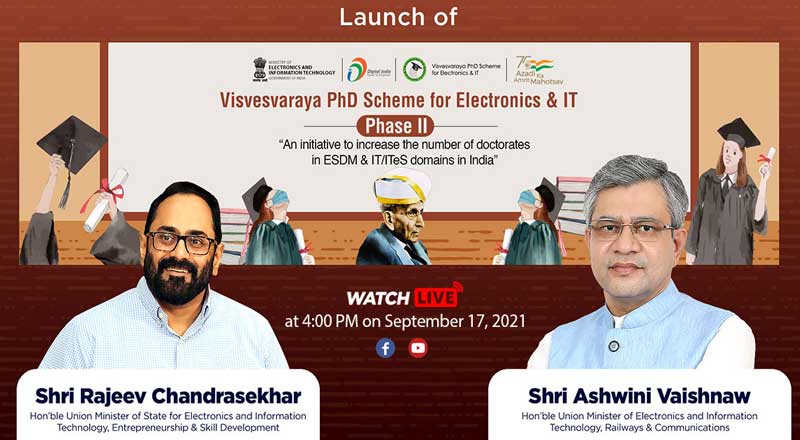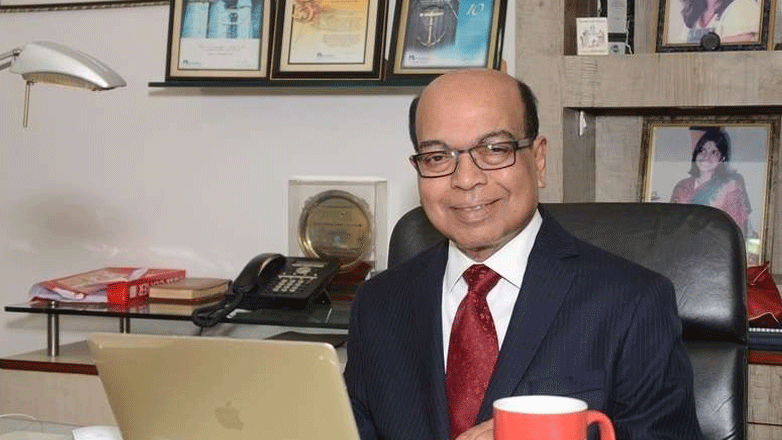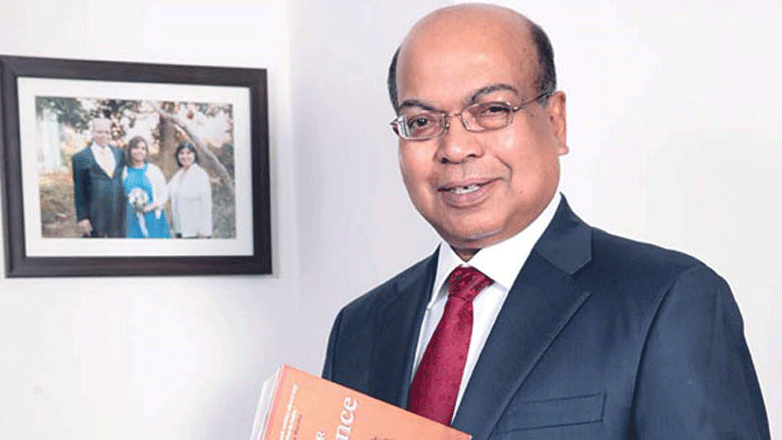A Dark Day for Indian Aviation
Earlier this month, a devastating tragedy unfolded in Ahmedabad when Air India flight AI 171, a Boeing 787 Dreamliner, crashed, claiming the lives of 275 passengers and crew. The nation was shaken, and questions quickly emerged about accountability, safety oversight, and procedural lapses. In response, the Parliamentary Committee on Transport has initiated a formal investigation, summoning key players including Boeing officials and India’s civil aviation secretary.
Summons Issued: Parliament Steps In
The committee, chaired by Rajya Sabha MP and JDU leader Sanjay Jha, is undertaking a comprehensive probe into the crash. Recognizing the scale of the disaster, the panel has called on representatives from Boeing, the Directorate General of Civil Aviation (DGCA), Air India, and the Civil Aviation Ministry. Their goal is to unravel what went wrong and how such incidents can be prevented in the future.
This move signals a rare convergence of political and technical inquiry into a major aviation mishap, reflecting the growing concern over air safety in India.
Flight Recorder Delays and International Oversight
A troubling aspect of the investigation has been the delayed retrieval of flight data. The black box was reportedly accessed nearly two weeks after the crash—far beyond the industry’s best practices outlined in ICAO's Annex 13, which mandates immediate action to preserve evidence that could prevent future tragedies.
Complicating matters further, India declined the United Nations' offer to join the probe. The International Civil Aviation Organisation (ICAO), which has assisted in other high-profile investigations globally, had volunteered expertise. India's refusal has raised eyebrows internationally and invited scrutiny over the transparency and thoroughness of the inquiry.
Boeing Under the Microscope
For Boeing, this crash adds to a string of safety controversies, particularly surrounding its Dreamliner fleet. With lawmakers now examining its role in AI 171’s crash, the company faces renewed pressure to defend its aircraft’s integrity and maintenance protocols. The committee's grilling may also shed light on how Boeing collaborates with international carriers, especially those operating in regions with evolving regulatory frameworks.
Systemic Safety Under Review
The Parliamentary Committee is not treating this as an isolated failure. As part of a broader review on passenger safety, the committee aims to address systemic shortcomings in India’s aviation oversight—from outdated safety procedures to potential lapses in pilot training and maintenance checks. These findings are expected to shape future regulations and improve risk mitigation strategies across the civil aviation sector.
A Turning Point or Missed Opportunity?
The AI 171 tragedy is a watershed moment for Indian aviation. The lives lost must not be in vain. The Parliamentary probe, if pursued with rigor and transparency, could set new standards for accountability and reform. However, reluctance to allow international cooperation and procedural delays suggest a need for introspection. India’s aviation sector now stands at a crossroads—between reform and resistance. The choices made in the coming weeks will determine whether this disaster becomes a catalyst for safer skies or just another entry in a tragic logbook.
(With agency inputs)






















